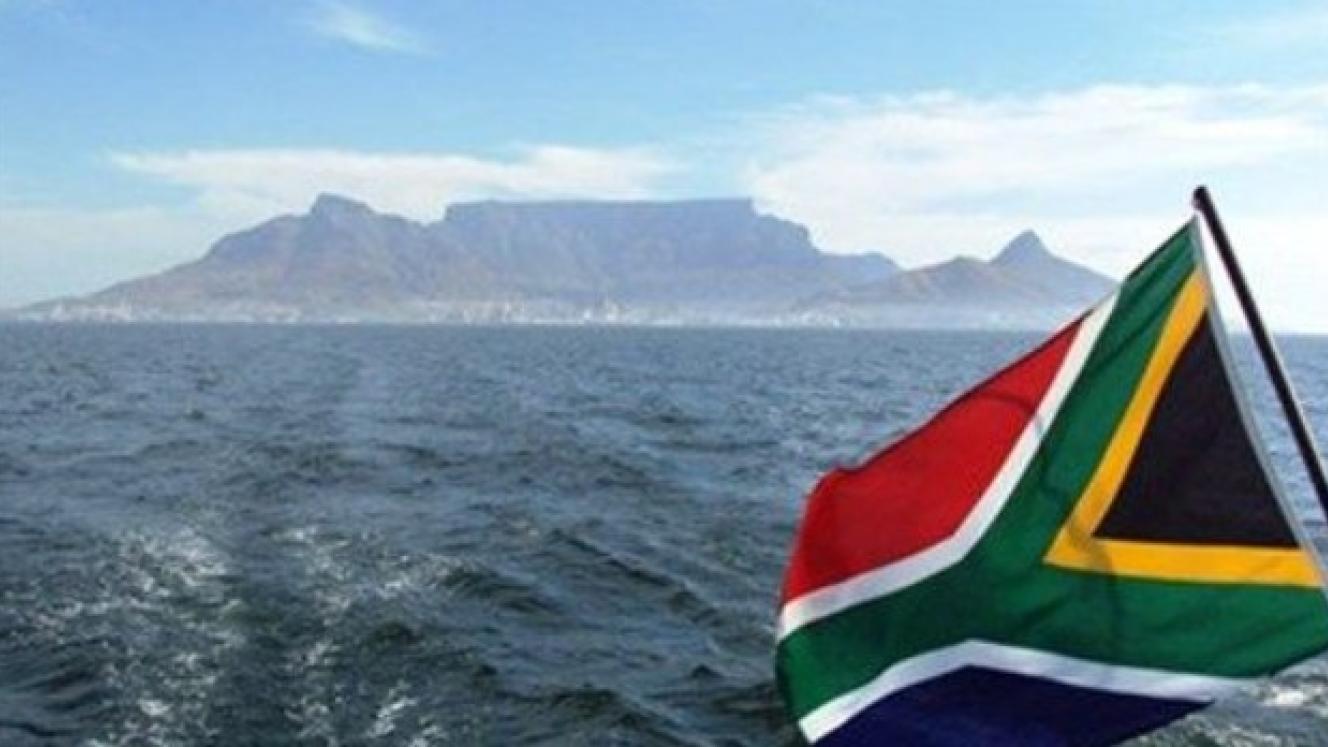The competitive advantage that logistical sophistication and global best-practice compliance have afforded South African fruit exports could suffer a crippling blow if the government proceeds with cabotage restrictions, Agbiz has said.
Addressing a meeting of Exporters Western Cape (EWC) in Cape Town on Wednesday evening, the Head of Legal Intelligence at the Agricultural Business Chamber of South Africa, Annelize Crosby, made a strong case against the Merchant Shipping Bill (2023) in its current form.
Proposed restrictions on allowing foreign-owned shipping lines to perform short-sea shipping services along the country’s coastline could affect the entire value chain of reefer cargo, causing “increased costs, delays and reduced efficiency as a result of the cabotage provisions in the Bill,” said Crosby.
She added that, although the government had indicated that the localisation of cabotage services would be phased in – possibly through the formation of a state-owned enterprise provisionally called the South African Shipping Company – sections 63 to 68 of the Bill had not changed.
“Inherently, it’s still there. It would be better to stop it now.”
Crosby has good reason to harbour strong convictions opposing the Bill.
The objections of Agbiz, which represents more than 100 members across the agri value chain, are numerous but can be encapsulated as the “unintended consequences” of the proposed restrictions.
One of these, she said, would be forcing foreign-owned vessels to use only one port to access South Africa – most likely Durban.
“That would have implications for all the other ports in the country,” she said.
The sections pertaining to cabotage “can be used to place limitations on what shipping companies are allowed to do.
“It makes the whole environment a lot more restrictive because we don’t exactly know what permitting and licensing conditions will be at the end of the day. The Bill gives the authority to make those applicable, but the detail is not in the Bill itself,” she said.
The cold-chain role that international shipping lines play in making South Africa’s fruit exports competitive – especially given the country’s geographical location – could be disrupted if the cabotage restrictions were implemented, said Crosby.
“The loss of this efficiency will result in increased shipping costs as well as increased transit time to the market and heightened vulnerability to logistical disruptions.”
She said that although production input costs tend to fluctuate, the reduction in end-product price – afforded through efficient logistics, for example – could be lost through trans-shipment delays.
“Exporting a perishable commodity requires the shortest transfer time to market, as the condition of the fruit on arrival affects the price. Trans-shipment of cargo to avoid inefficient ports can add between two and ten days to transit time.”
Sanitary and phytosanitary (SPS) protocols – the compliance of which the Citrus Growers’ Association has fought hard for on behalf of local producers to remain in highly regulated markets such as the EU – were also at stake, Crosby emphasised.
“New systems required by cabotage provisions would require more stages, which means more complexity, which raises the risk of the cold chain being broken for market-specific SPS protocols.”
In a worst-case scenario, delays could result in the rejection of perishable cargo from South Africa.
Added to this is the spectre of competitive ports like Walvis Bay and Maputo, and the lure of less restrictive cold-chain export services in Namibia and Mozambique.
As for the shipping lines, Crosby said they had already indicated that South African exporters should not expect discounted rates to offset cabotage restrictions if the Bill became law.
What would it take to stop Parliament from passing the Bill?
It should be referred back to the National Economic Development and Labour Council (Nedlac), Crosby recommended.
“The Nedlac Act requires that socio-economic legislation with economic implications for any sector must go to Nedlac, and there must be a proper line-by-line engagement. What many departments do is try to skip that.”
Crosby said that although the Bill had been referred to Nedlac, due process had not been followed for thorough examination.
She pointed out that the Department of Transport (DoT) seemed to underestimate the initial anticipated impacts of cabotage restrictions, believing them to be minimal, while hoping that job creation and related opportunities from the growth of a localised shipping industry would justify these measures in the long run.
Echoing EWC chair Terry Gale’s well-expressed concerns, Crosby said one only had to look at how South Africa's ports are currently run to conclude that the DoT may not have done its homework in respect of the Merchant Shipping Bill.
So what’s next?
Gale said Parliament’s Portfolio Committee on Transport was expected to make a ruling on the Merchant Shipping Bill on 10 July, and industry is encouraged to throw the proverbial kitchen sink at the cabotage restrictions.
A suggestion from the floor at this week’s presentation at Webber Wentzel was that objections to the Bill should be taken to the Department of Performance Monitoring and Evaluation in the Presidency.
The person in question said a Cabinet decision determined that no legislation could be passed if a proper socio-economic impact assessment (SIA) had not been done.
Research into Nedlac requirements for the proposed Bill shows that there is no absolute legal requirement that every Bill with potential SIA impact must be referred to Nedlac before it can become law.
However, established government protocols and Nedlac’s own constitution do make provision for such referral as a matter of policy and best practice.













